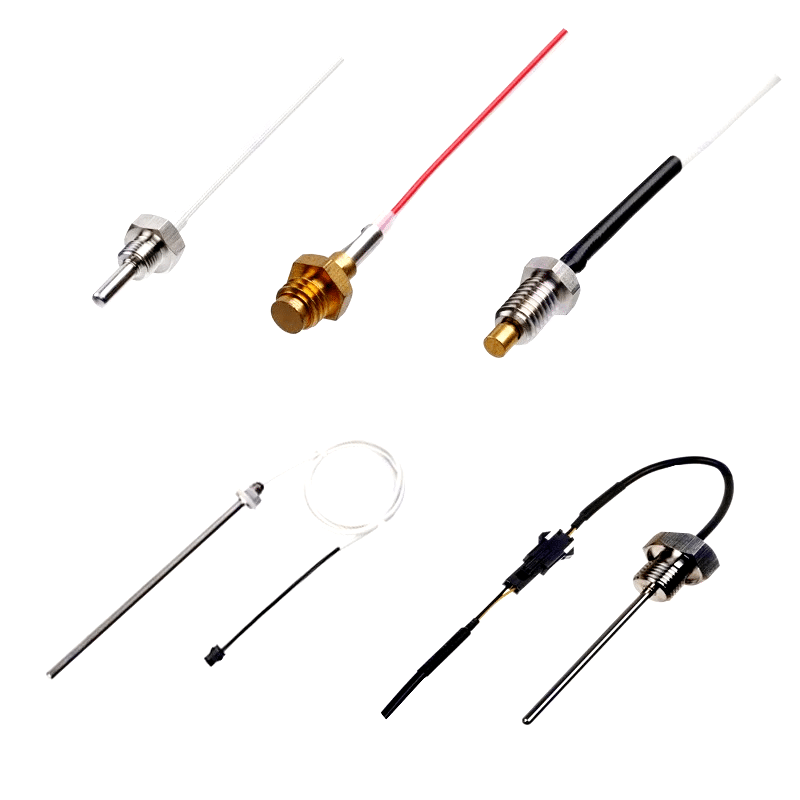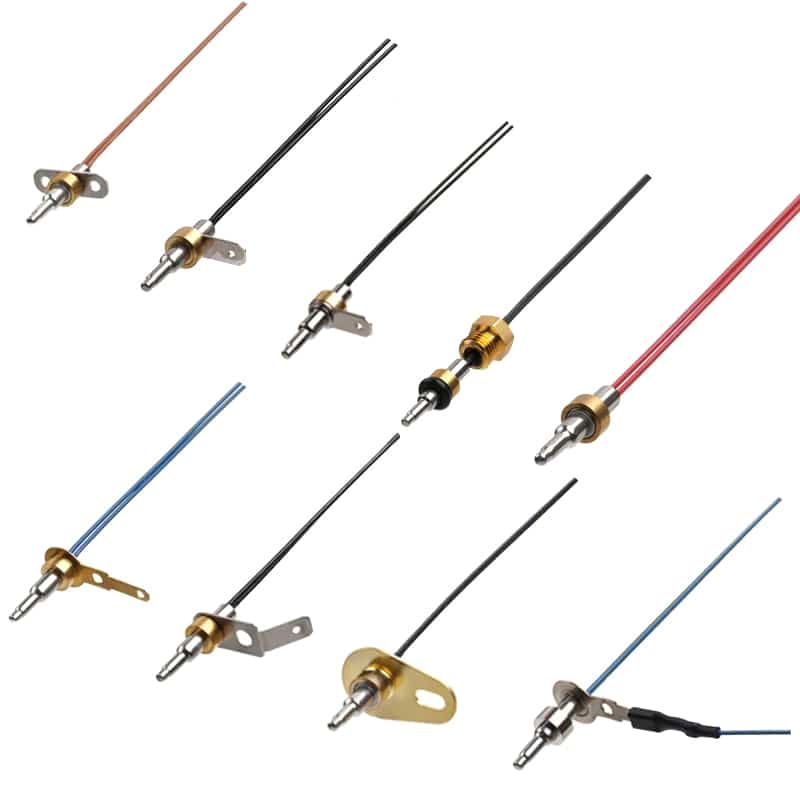tmp36 arduino
tmp36 Arduino: A Comprehensive Guide for Temperature Sensing with Arduino Introduction: Arduino is a popular open-source platform that allows enthusiasts and professionals alike to create interactive projects. One of the key features of Arduino is its ability to interface with various sensors, enabling users to measure and respond to real-world conditions. In this guide, we will explore the integration of the tmp36 temperature sensor with Arduino, providing you with the knowledge and tools necessary to embark on your temperature-sensing journey. Table of Contents: 1. Understanding the tmp36 Temperature Sensor 2. Setting up Arduino for tmp36 Integration 3. Reading Temperature Values




